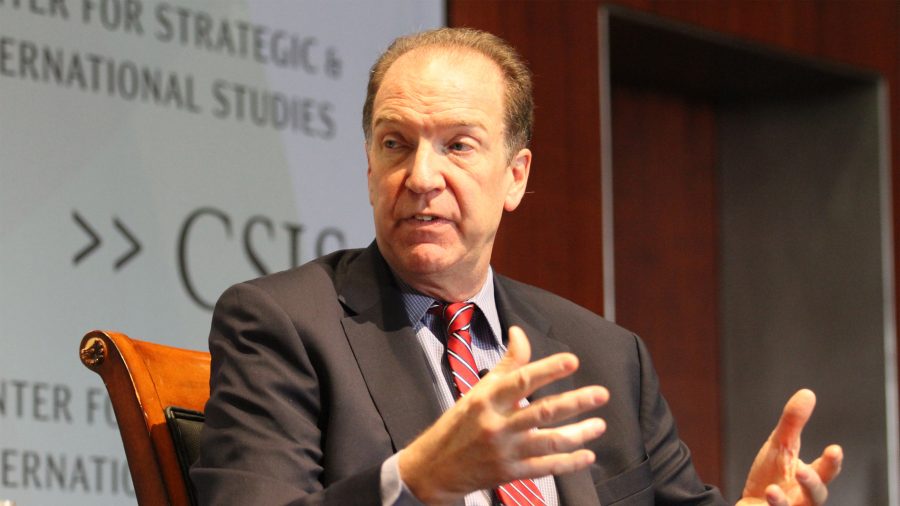The World Bank report has stated that the global economy would expand by 4% in 2021.
The global economy is most likely to expand by 4% in 2021, with the immediate policy priorities focused on controlling the spread of coronavirus and ensuring rapid and widespread vaccine deployment as well as strategic investments.
This was disclosed in the Global Economic Prospects January 2021 report released by the World Bank.
According to the report…
- The global economy is expected to expand 4% in 2021, assuming an initial COVID-19 vaccine rollout becomes widespread throughout the year.
- A recovery, however, will likely be subdued, unless policymakers move decisively to tame the pandemic and implement investment-enhancing reforms.
- Although the global economy is growing again after a 4.3% contraction in 2020, the pandemic has caused a heavy toll of deaths and illness, plunged millions into poverty, and may depress economic activity and incomes for a prolonged period.
- Top near-term policy priorities are controlling the spread of COVID-19 and ensuring rapid and widespread vaccine deployment. To support economic recovery, authorities also need to facilitate a re-investment cycle aimed at sustainable growth that is less dependent on government debt.
What they are saying
According to World Bank Group President, David Malpass,
- “While the global economy appears to have entered a subdued recovery, policymakers face formidable challenges – in public health, debt management, budget policies, central banking and structural reforms – as they try to ensure that this still fragile global recovery gains traction and sets a foundation for robust growth.
- “To overcome the impacts of the pandemic and counter the investment headwind, there needs to be a major push to improve business environments, increase labour and product market flexibility, and strengthen transparency and governance.”
According to Vice President and World Bank Group Chief Economist, Carmen Reinhart
- “Financial fragilities in many of these countries, as the growth shock impacts vulnerable household and business balance sheets, will also need to be addressed.”
According to Ayhan Kose, World Bank Acting Vice President for Equitable Growth and Financial Institutions:
- “The pandemic has greatly exacerbated debt risks in emerging market and developing economies; weak growth prospects will likely further increase debt burdens and erode borrowers’ ability to service debt.
- “The global community needs to act rapidly and forcefully to make sure the recent debt accumulation does not end with a string of debt crises. The developing world cannot afford another lost decade.”
What you should know
- In Sub-Saharan Africa, economic activity is quite on course and is expected to rise by 2.7% in 2021.
- With the rise in infections and delay in the rollout of the vaccines, the global economic expansion could be limited to rise only 1.6% in 2021.
- But with successful pandemic control and a faster vaccination process, global growth could accelerate to nearly 5%.
- With the resurgence of the infections in some advanced economies, their recoveries might be slow and challenging. For example, U.S. GDP is forecast to expand by 3.5% in 2021, after an estimated 3.6% contraction in 2020. Japan is expected to grow by 2.5% in 2021 after shrinkage by 5.3% in 2020. Europe is to grow by 3.6% in 2021, following a dip of 7.4% in 2020. China’s economy is expected to expand by 7.9% in 2021 following 2% growth in 2020.





No comments :
Post a Comment